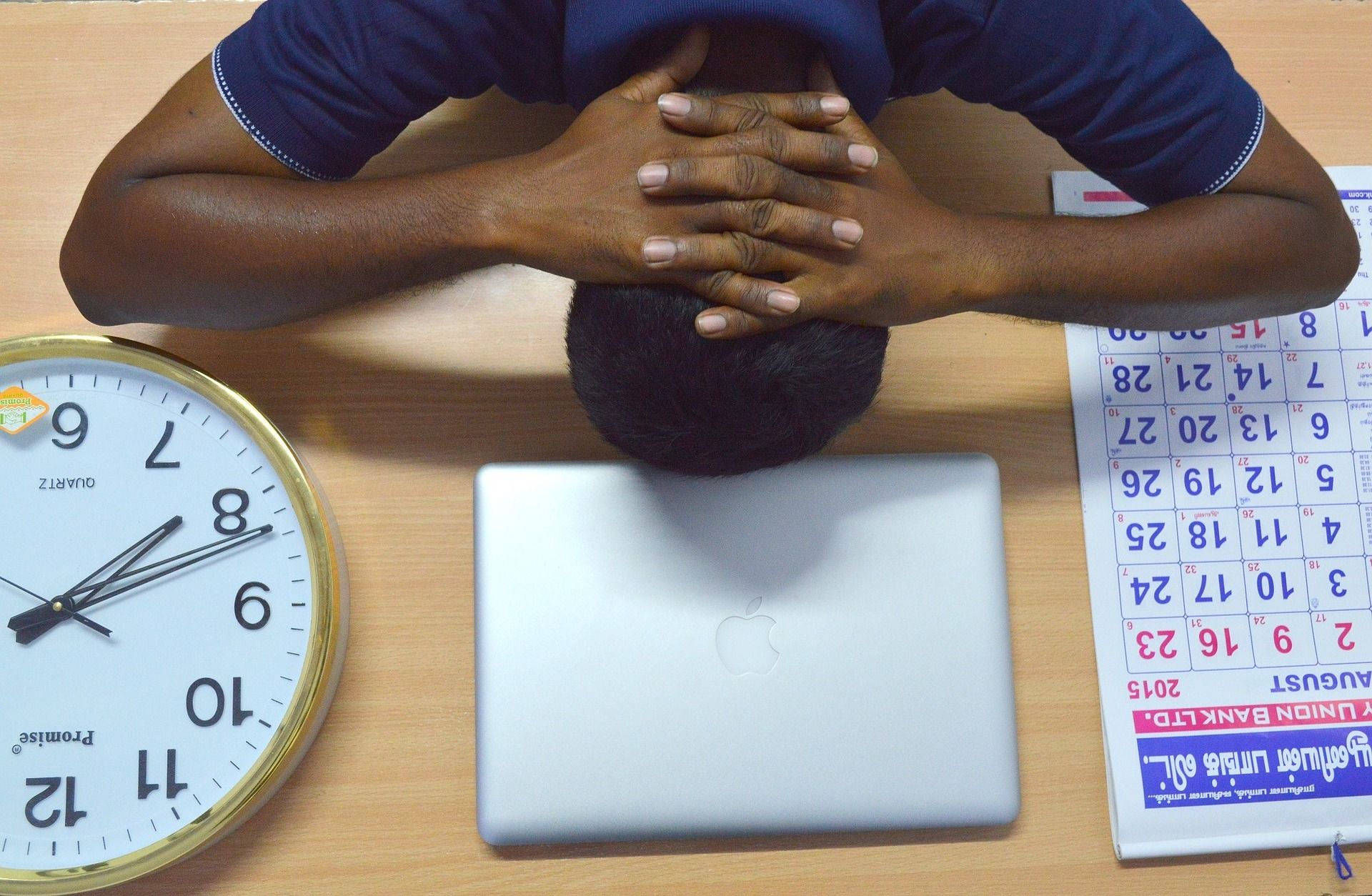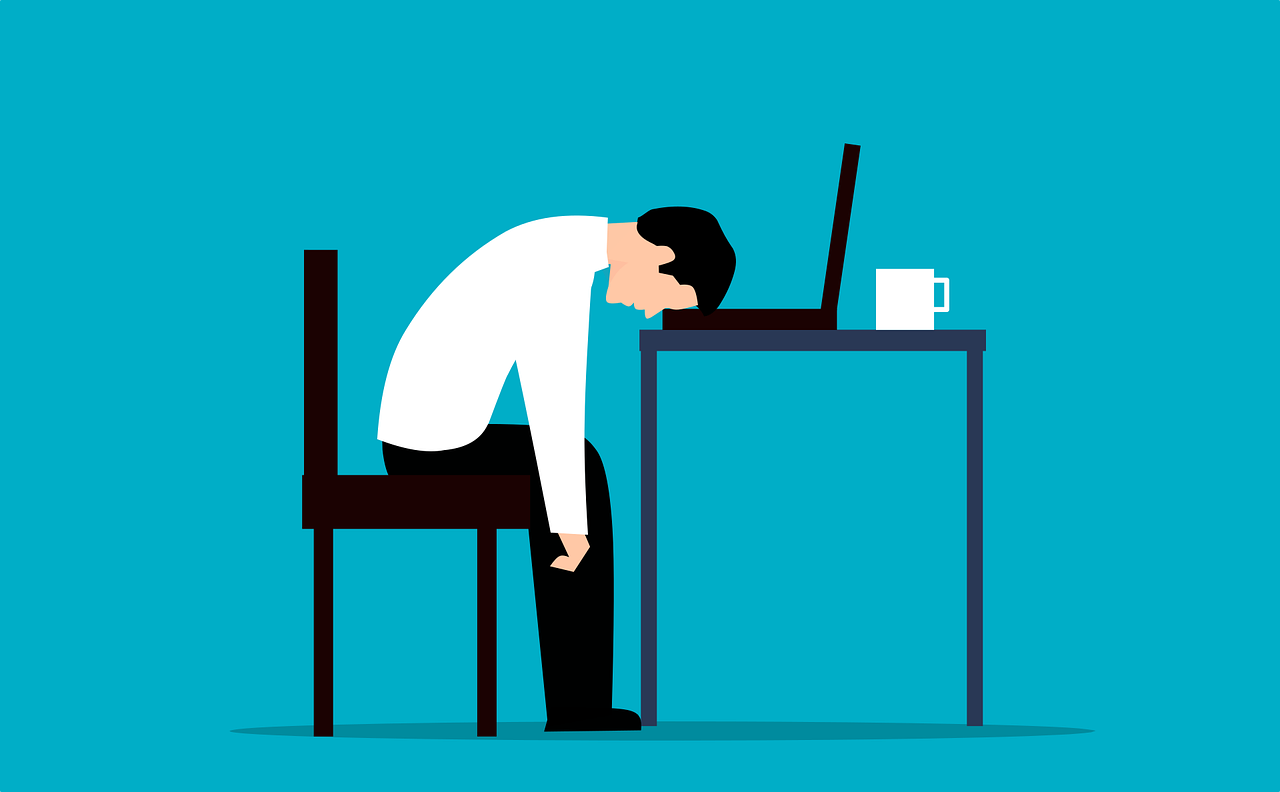In the fast-paced business sector, work overload is given little or no attention. The focus is on increasing the numbers to the detriment of employees' mental health.
Understandably, work has to be done. So, you have to learn how to prevent work overload and still get the job done to thrive. Achieving both is possible with the right information and mindset.
What Is Work Overload?
Work overload occurs when the responsibilities of a job are higher than an individual's available time, resources, or skillset.
Sometimes, work overload isn't just about you working overtime and leaving the office later than the required job hours. It could also be about you taking up tasks that are above your current skillset. Hence, you have to stretch yourself beyond your capacity to deliver satisfactory results.
In today's tech-driven workplace, there's a tendency for you to squeeze in more tasks to your schedule in an attempt to be more productive. The feeling of accomplishing a lot of work is indeed a confidence booster. But sadly, you are setting yourself up for technostress by taking on more than you can handle at every point in time.
Classification of Work Overload
Work overload can be classified as either qualitative or quantitative.
Qualitative work overload is the result of stretching your skillset. While you may be good at your job in general, you lack the skill for certain tasks assigned to you. In a bid to prove your competence, you stretch yourself beyond your capacity.
Quantitative work overload, on the other hand, entails doing excess work within a limited time. In this case, you may have the skillset for the task, but time isn't on your side.
Both kinds of work overload have diverse effects on you and your job in different ways. You must be attentive enough to detect when you are gliding into work overload mode and stop yourself from going further.
What Are the Common Signs of Work Overload?
The desire to be either efficient or a little more productive is an easy excuse to get immersed in excess work.
Sometimes, the signs of work overload are masked as typical job challenges. As a result of this, you might not recognize it until you hit rock bottom. Here are some signs to look out for.
1. Taking Extra Tasks
Taking extra tasks at work isn't necessarily a bad thing, as it increases your productivity. It becomes a problem when you engage in another task without completing the previous one.
You end up creating a pile of work and putting yourself under pressure. Before starting another task, complete the previous one.
2. Feeling Stressed Constantly
A clear sign that you are suffering from work overload is that you always feel stressed. In severe cases, the mere thought of work dampens your mood due to the clutter waiting for you.
It's okay to feel stressed sometimes. After all, you are putting in emotional, psychological, and physical efforts. But it shouldn't be constant.
3. Uncontrollable Emotional Outburst
When you are mandated to keep working even when you've reached your limits, little things could trigger an emotional outburst. You get touchy and take out your frustration on people at the slightest provocation.
Don't overlook your snapping, shouting, or tearing up, especially if you don't exhibit these signs normally.
4. Having Long To-Do Lists
Making a to-do list is a practical way to get things done. And there is no better feeling than seeing items on your list being checked off. A glut workload flag is when you start your day with a long list and keep adding items instead of decreasing them.
5. Insufficient Work Time
Time is hardly ever enough, especially when there's much to be done. But if you are fond of needing extra time to work or staying extra hours in the office, it's a definite sign of work overload.
5 Ways to Avoid Work Overload
There's a thin line between work overload and productivity. If you are complacent about your duties, you won't be productive. And if you are overly active, you'll be overworking yourself. So, how do you strike a balance?
1. Avoid Unnecessary Tasks
You are more likely to overwork yourself when you try to do every task calling for your attention. There'll always be things to be done. The key is to understand what's important at every point in time.
Prioritize your tasks. Get rid of less important tasks or figure them out much later when you are less busy.
2. Create a Realistic To-Do List
A long to-do list is always more feasible on paper than in reality. There's no need to have too many items on your list if you can't meet up with them.
Be realistic with your schedule. Not ticking all the items on a long list can be underwhelming. Include only the tasks that you are confident of executing. If you exhaust your list on time, you can add more items if you want to.
3. Take Breaks
Cultivate the habit of taking breaks in between work to get rejuvenated for the tasks ahead.
It's only normal for you to get burned out after working long hours. Until you give your body the rest it needs, you'll be causing more harm to yourself. Your brain works better after a refreshing break, and you enter into a state of flow with unlimited possibilities.
4. Delegate Tasks
Delegation is a good way to be productive without doing everything yourself. If you have people around who can assist you with your work, assign some tasks to them. That way, you can accomplish your tasks without overworking yourself.
Perhaps you may be concerned that they may not do the job as well as you would. Start by assigning the easier tasks and gradually bringing them up to speed.
5. Learn to Say No
When there's plenty of work on your hands already, decline any requests to take new tasks politely.
Saying no to your employer is difficult. Try to make them understand that you are doing much work already, so adding more to it will make you less efficient. And that's to the detriment of the organization.
Prioritize Your Wellbeing
The value you place on yourself reflects on your work habits. Even if you are in paid employment, that's no excuse to overwork yourself to the detriment of your health.
Endeavor to do your best at work. And when you are tired, take a rest to de-stress. If it threatens your wellbeing, it isn't worth it.





